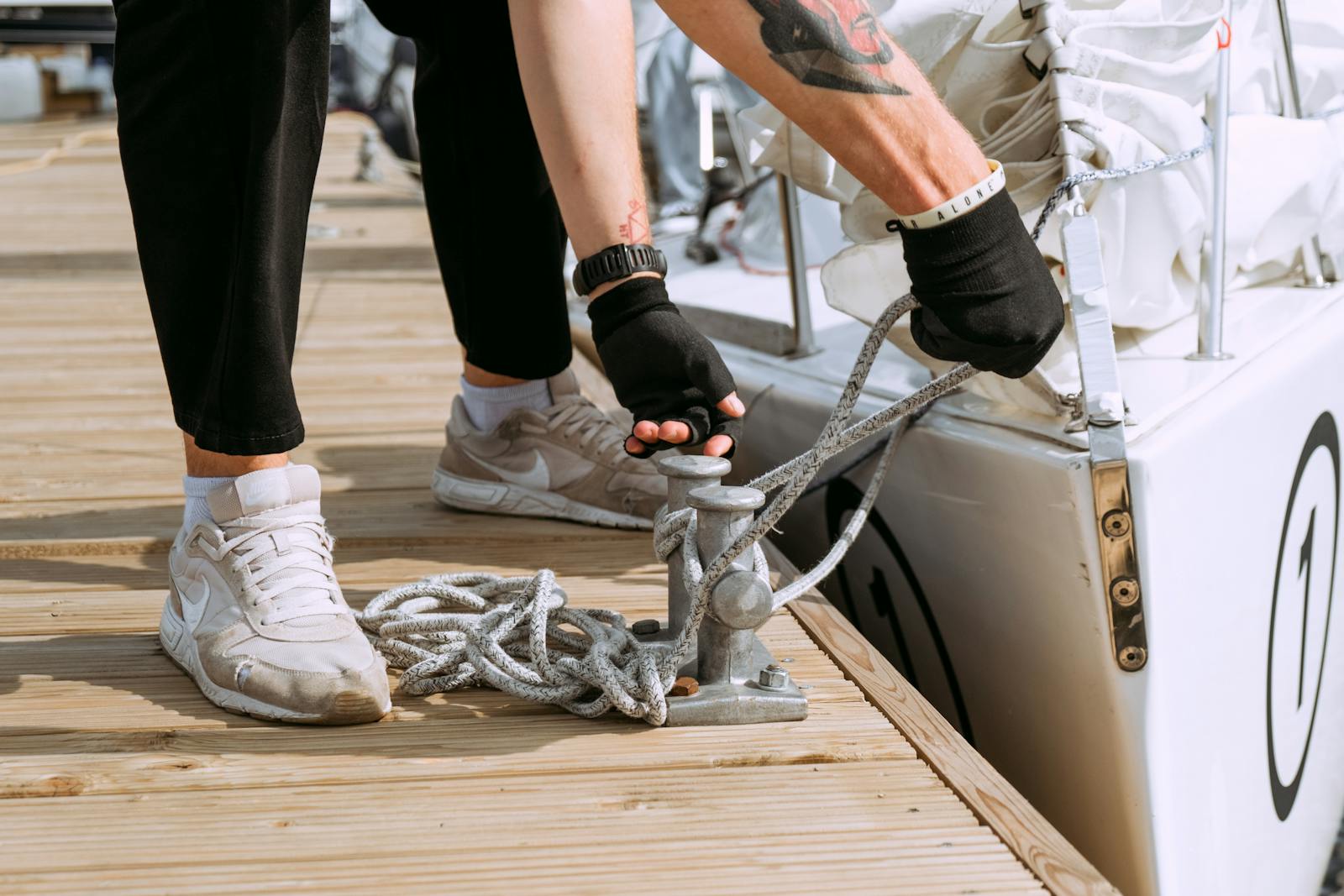
How Florida’s Boating Laws Affect Your Boat Insurance Policy
Given the many bodies of water in and around Florida, it’s no surprise that boating is a popular pastime. However, even the most experienced and skilled nautical navigators cannot afford to take laws and other requirements lightly. To ensure safe and law-abiding aquatic adventures, make sure you have a complete understanding of your obligations and how they may impact your boat insurance needs.
Boating Laws in Florida 
Florida’s boating laws are designed to promote safety for you, your passengers and others with whom you share the waterways of the Sunshine State. Key regulations for you to be aware of may include the following:
- A boating safety education course must be completed for operators born on or after Jan. 1, 1988.
- All motorized and nonmotorized boats over 16 feet in length must be registered with the Florida Department of Highway Safety and Motor Vehicles.
- No person shall be permitted to operate a vessel while intoxicated.
There are also laws and requirements regarding the speed at which you may travel in your boat and personal floatation devices, although these may vary depending on the details of your vessel and where you are.
Violation of any boating laws or traffic citations can lead to significant increases in your premiums. In the wake of particularly severe offenses or repeated incidents, carriers may be less likely to offer or renew coverage altogether.
How Laws May Impact Boat Insurance
While no state laws require you to carry boat insurance, you should still be mindful of various mandates that other parties may be permitted to impose. For example, marinas may require you to carry liability coverage if you choose to dock your vessel there. Lenders may impose various insurance-related requirements if you’ve financed your boat.
Given the lack of laws requiring boaters to carry insurance in Florida, you may also wish to invest in uninsured/underinsured watercraft coverage. Since others out on the water are not obligated to carry insurance, they may not have the funds or resources to pay for your losses following an accident for which they’re liable. This makes uninsured/underinsured watercraft coverage essential, as it can help you recoup losses without relying on the at-fault party.
We’re Here to Help
Contact Wiglesworth-Rindom Insurance Agency today to learn more about boat coverage or get a personalized quote.
This blog is intended for informational and educational use only. It is not exhaustive and should not be construed as legal advice. Please contact your insurance professional for further information.
Categories: Blog, Boat Insurance
